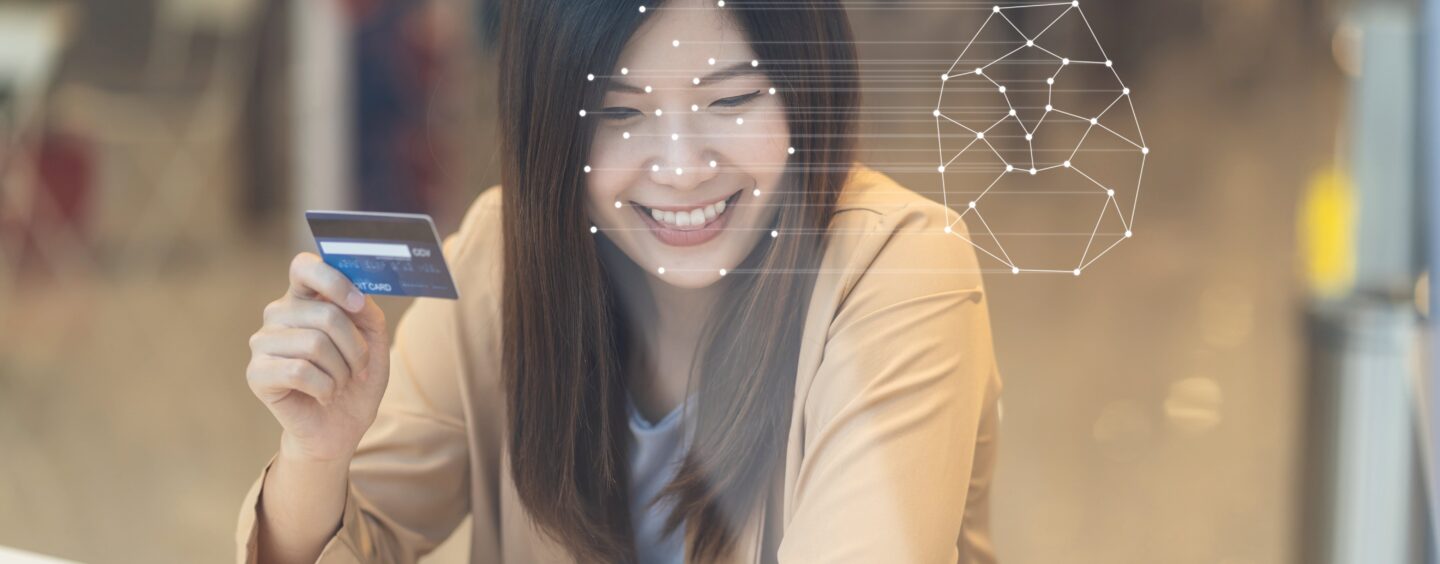In China, platforms and services like Alibaba’s Alipay and Tencent’s WeChat Pay have brought facial recognition payments to online and brick-and-mortar retail stores. But as biometrics and facial recognition technologies become mainstream, experts and regulators are concerned about the privacy and cybersecurity risks associated with these, according to a report by Abacus.
Privacy concerns
Li Wei, director of the technology department of the People’s Bank of China, said consumers should realize that when they are using these features, they are giving up privacy for convenience.
Faces are very sensitive personal information, and it could have a critical impact on someone if it were leaked or stolen. While people can put their bank cards in their pockets, faces are out in the open all the time, Li said, adding that some companies have not considered these issues.
Companies in China have been actively incorporating facial recognition into payment apps to provide a more seamless and convenient user experience. Several banks including the Agricultural Bank of China and China Merchants Bank, but also hospitals, airports and hotels, have already adopted facial recognition.
Alipay said earlier this month that it even added beauty filters to its pay-with-face system after users complained that the facial recognition machines made them look ugly.
Companies and organizations adopting such technologies, however, face few regulatory roadblocks, raising concerns over cybersecurity and privacy issues.
In February, a data leak flagged by a Dutch Internet expert revealed that Shenzhen-based facial recognition technology firm SenseNets Technology had been tracking the movements of more than 2.5 million people in the far-western Xinjiang region, according to a report by the South China Morning Post. The company had an online database containing names, ID card numbers, birth dates and location data that had been left unprotected for months.
In April, a WeChat user in Zhejiang lost more than 10,000 yuan (US$1,450) after his roommates unlocked his smartphone by pointing it at his face while he was asleep and used his WeChat Pay password to transfer the money, reports Abacus.
More recently, FaceApp, the app that went viral in 2017 and amassed more than 80 million active users, has been at a center of a privacy controversy over how it uses the photos it edits.
While the startup admitted that it does take the photos when they are edited, it stressed that privacy protections are in place that should stop those images being abused.
Developed by St. Petersburg-headquartered startup Wireless Lab, FaceApp uses artificial intelligence (AI) to allow users to edit a person’s face to make it appear older or younger.
Adoption of facial recognition accelerates
Though China has been undoubtedly leading the trend, adoption of facial recognition technology has accelerated across the world.
Earlier this month, Andrew Constance, the minister for transport and roads of Australia’s New South Wales government, said that Sydney commuters may soon be able to ditch their physical transportation card and pay for public transport using their face, according to a report by ITNews.
In a speech to the Sydney Institute, Constance said that “frictionless transport payments” would be available on the public transport network “in the not too distant future.”
“In the transport space, we’ll use facial recognition technology to scan customers who’ve ‘opted in’ and linked their Opal account,” Constance said. “No more gate barriers – just a smooth journey.”
The technology would work like the Just Walk Out technology implemented within Amazon Go convenience stores. These outlets leverage several technologies including computer vision, deep learning algorithms and sensor fusion to automate much of the purchase, checkout and payment steps associated with a retail transaction.
Australia would be following on the steps of Shenzhen where a local subway operator has been testing several advanced technologies powered by the 5G network, including facial recognition payments.
In Thailand, banks are also looking to adopt biometric security for a wide range of financial services, according to the Bangkok Post.
Siam Commercial Bank (SCB) plans to use palm vein for identification and authentication for payments, while Bank of Ayudhya (BAY) is keen on expand facial recognition for new deposit account openings to other banking services like payment, lending and cash withdrawals.
American tech giant Apple already uses facial recognition to allow users to authorize Apple Pay transactions, and Danish soccer club Brondby IF is applying the technology to prevent fans who have previously been banned from its Brondby Stadium from entering, according to Biometric Update.
Featured image credit: image By sp3n via Shutterstock









